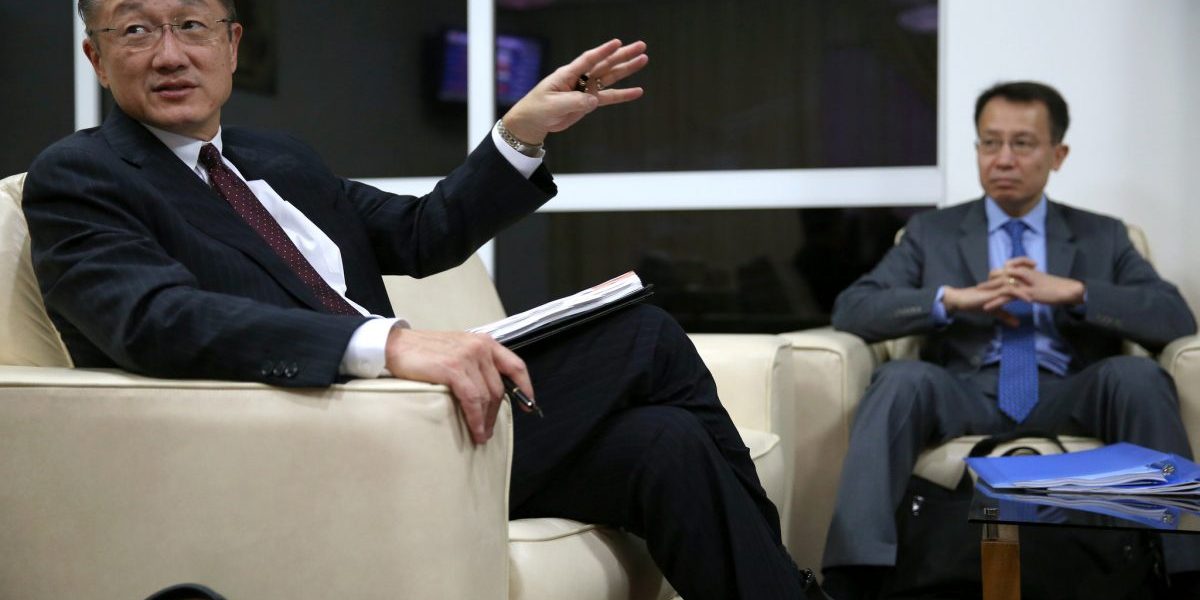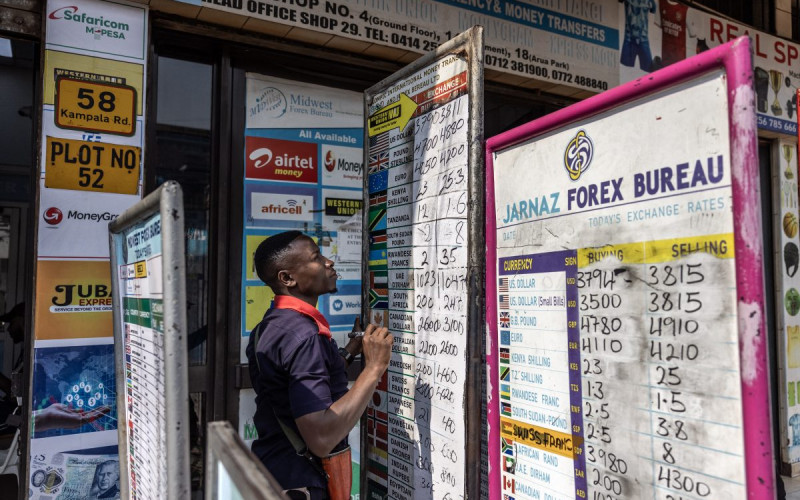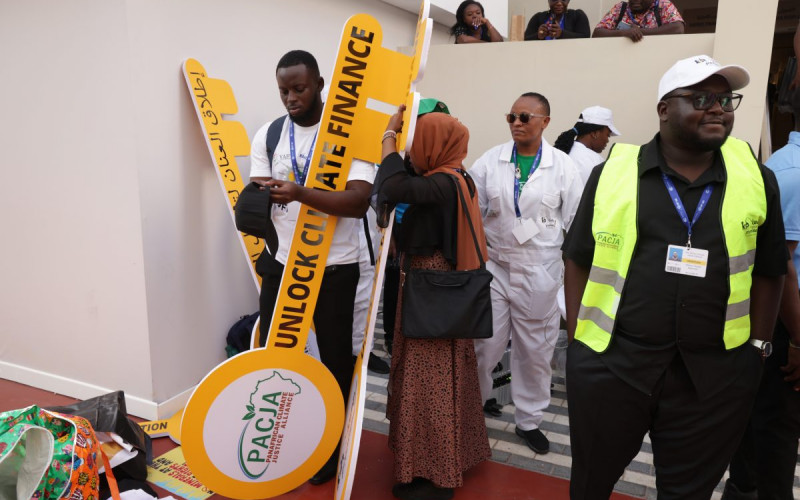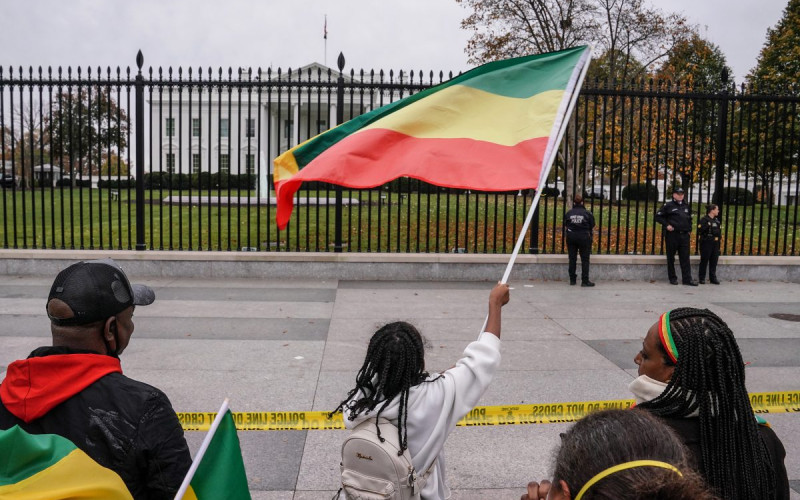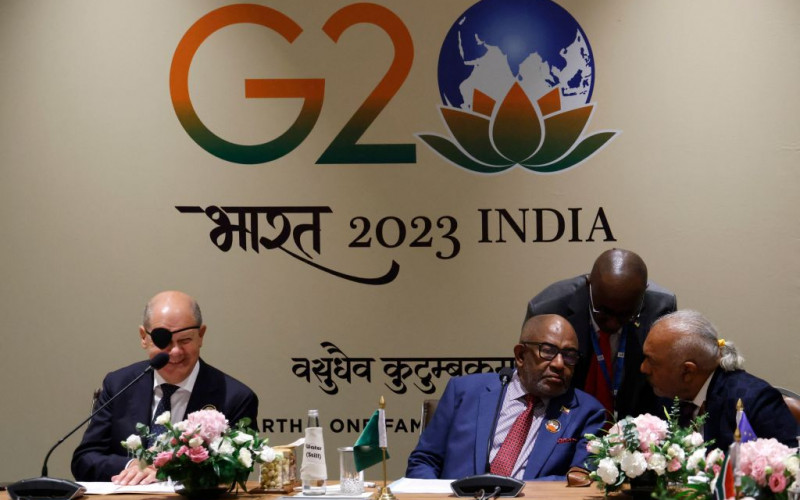First, Africa can be an effective player in global economic governance affairs. Africa, by uniting behind and advocating for one candidate, forced the Bank into a precedent setting competitive selection process and a result that was not unanimous. She also exposed the hollowness of the current process by demonstrating that the most qualified candidate was an African and that the US candidate, despite his impressive public health credentials, could not win the presidency on the basis of merit. In addition, it showed that the US treated the selection like a coronation in which it could ignore the views of those member states which actually use the Bank’s financial and advisory services. If Africa can build on this common approach it can become a more effective actor in other aspects of international economic governance.
Second, the process highlighted the limits in the redistribution of power in global economic governance. In fact, the G7 can still impose their views on issues of most interest to them and developing counties still can only exercise negative power—they do not yet have the ability to convince the world to adopt their positions. This suggests that Africa needs to think more creatively about forming tactical alliances with a broader range of state and non-state actors in global economic governance negotiations.
Third, the World Bank urgently needs reform. The powers that control the Bank have been reluctant to truly reform the governance of the institution. They are also only willing to accept policy and operational changes that suit their needs rather than those that are more responsive to the needs of the Bank’s borrowers. The resulting disaffection in Africa suggests that if the Bank does not start becoming more responsive to its borrowers and their citizens they could take their business elsewhere. Alternatives do exist and, as the discussions about the possible creation of a BRICS bank indicates, more options could arise. This suggests that unless it changes the Bank may slowly loose its relevance.
|
This article forms part of “The Global Roundup” a new monthly feature of the Council of Councils, an initiative of the Council on Foreign Relations. SAIIA is a member of this initiative. For more opinions on this debate, read Does Kim Signal World Bank Changes? on the CFR’s website.
|

